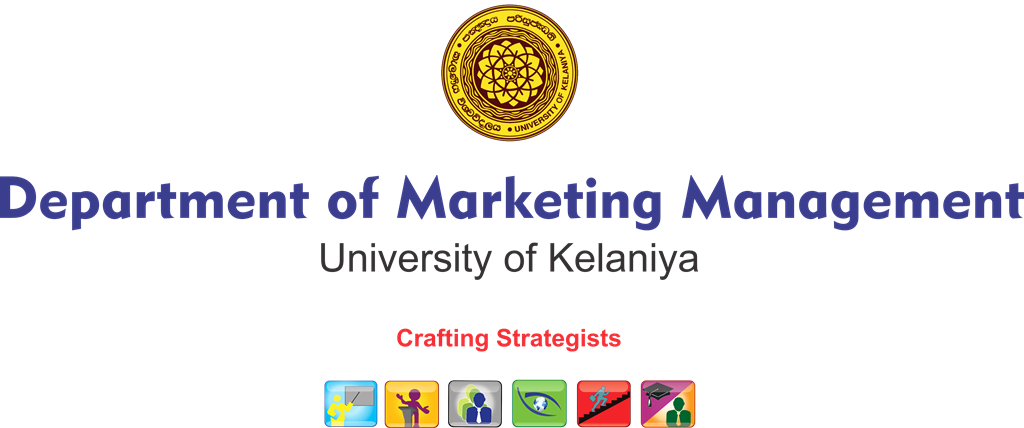E.G. Ubayachandra
Senior Professor, University of Kelaniya, Sri Lanka
This email address is being protected from spambots. You need JavaScript enabled to view it.
Nirmani Chethana Eldeniya
Undergraduate, NSBM Green University Town
This email address is being protected from spambots. You need JavaScript enabled to view it.
Vishwa Sanjanana
Undergraduate, University of Sri Jayawardhanepura
This email address is being protected from spambots. You need JavaScript enabled to view it.
ABSTRACT
Having associated the knowledge of the emancipatory concept, consumerism and consumer behaviour in literature, the authors viewed to pen this synoptic concept paper in the hope of facilitating those who are interested in doing research studies on these two phenomena. The paper particularly stresses the business morality and consumer well – being to be adopted and enriched. In this respect, owing to lack of comprehensive literature on practicing aspect of consumerism, a rigorous search had to be made in respect of seeking for knowledge of this phenomenon with the aid of respective terminologies, dictionaries and other related documentary evidences from which knowledge of consumer behavior was also yielded. Accordingly, the authors endeavored to extract essential conceptual views alleged with regard to consumerism and consumer behavior and next in the light of those views, the ascertainment was justified. The key purpose of this work is to accommodate the readers to steer toward a controversy or discord in respect of current consumers’ dissonant behavioral patterns including probable myopic behaviors and the safeguard given via consumerism in the global context. Thus, it is the belief that this paper may provide a room for those who have intention for engaging in research studies on this particular field in future.
Keywords: Behavior, Consumerism, Controversy, Sovereignty, Well - Being


